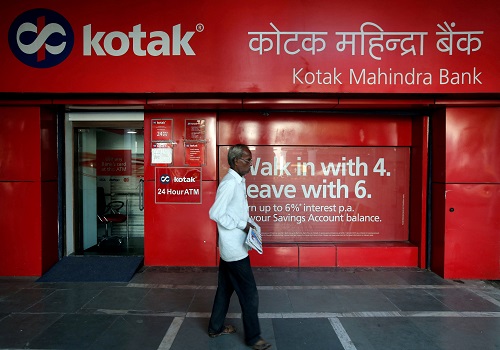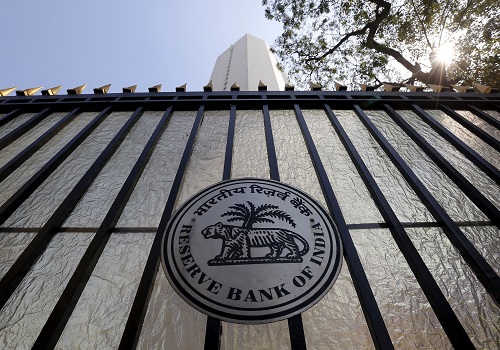Banks may face incremental debt issuance challenges from new norms

Follow us Now on Telegram ! Get daily 10 - 12 important updates on Business, Finance and Investment. Join our Telegram Channel
Banks might face incremental debt issuance challenges as new norms limiting composition of the Basel III bonds in overall asset under management (AUMs) could affect investment appetite of AMCs, ICRA said on Thursday.
Recently, markets regulator SEBI issued a circular revising investment norms for debt mutual funds that invest in banks' 'Basel III' debt instruments, and revised norms for valuation of the perpetual bonds.
According to ICRA, the new limitation on the composition of the 'Basel III' bonds in overall AUMs could affect incremental investments from larger AMCs which are closer to 10 per cent of their NAV (Net Asset Value) threshold limit for investments in these bonds.
Consequently, the ratings agency said that in case, banks are unable to replace the 'AT-I' bonds due for call in FY2022 with fresh issuances, the recapitalisation burden on the Centre could increase or these banks will have to curtail credit growth next year.
As per ICRA's estimates based on industry data, mutual funds hold 30 per cent of the outstanding 'Tier I' bonds and 14 per cent of the outstanding 'Tier II' bonds as of February 2021.
Moreover, the holding of 'Basel III AT-I' and 'Tier II' instruments is estimated at 8 per cent of AUMs of the schemes holding these instruments, thereby limiting headroom for incremental investments.
"The yields on these bonds have already seen an upward trend since the circular was issued with an increase in traded volumes reflecting selling of these instruments.
"With constraints on investment limits, the funds may even become more selective in taking fresh exposures in such instruments."
Besides, ICRA, in its outlook for banking sector for FY22, had estimated the 'Tier I' capital requirements for public sector banks (PSBs) at Rs 43,000 crore, of which Rs 23,000 crore is on account of call-options falling due on 'AT-I' bonds of PSBs, while the balance is estimated as the equity.
In the FY22 Union Budget, the Centre has already announced an allocation of Rs 20,000 crore as equity capital for recapitalisation of PSBs.
"If the market of the 'AT-I' bonds remains dislocated for longer period for aforementioned reasons and the PSBs are not able to replace the existing 'AT-Is' with fresh issuance, this would mean that the PSBs could stare at a capital shortfall based on the budgeted capital."
























